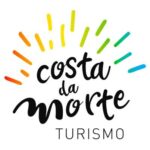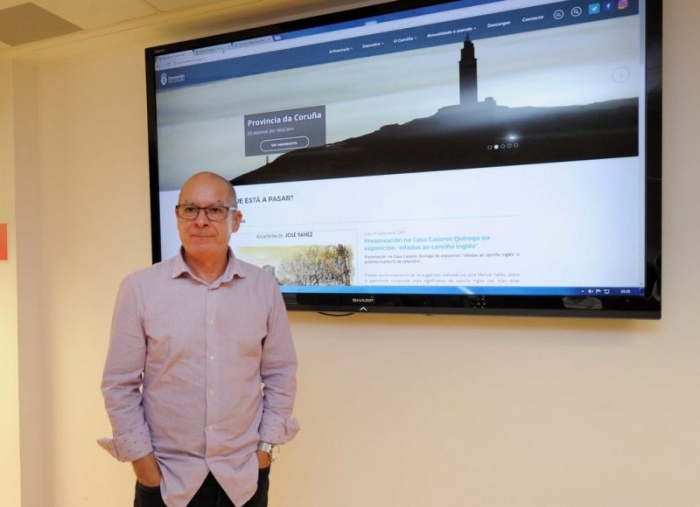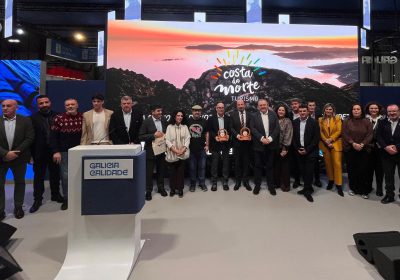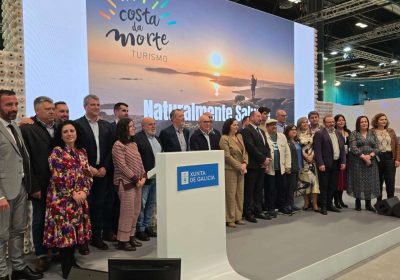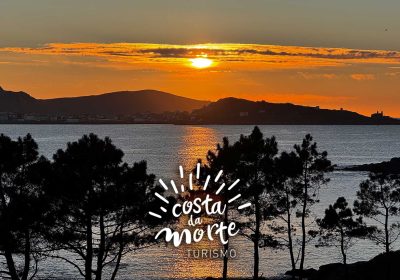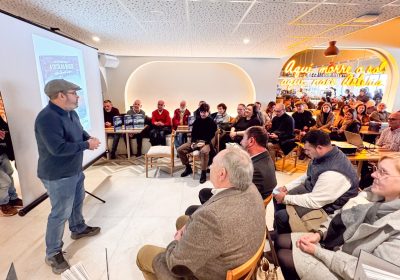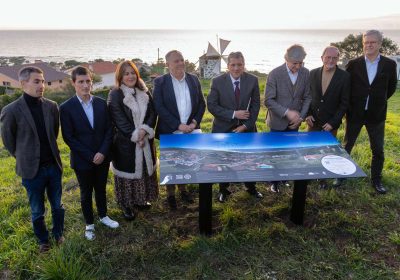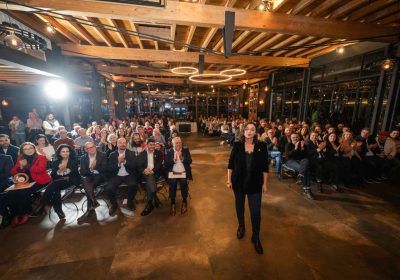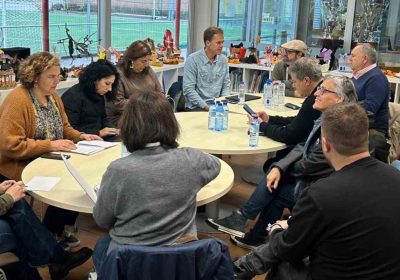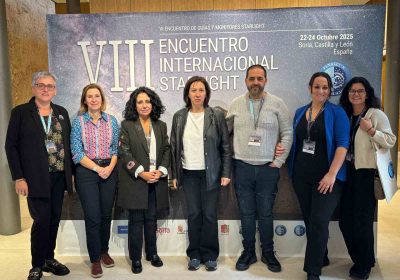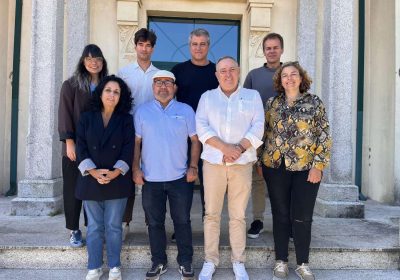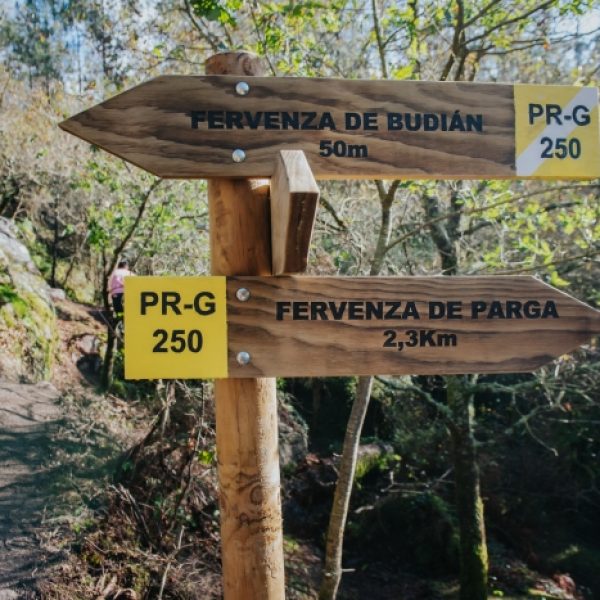The Department of Tourism of the County Council of A Coruña allocates a budget of 750,000 euros to the subsidy program for management entities, associations, associations and tourist consortiums for the improvement of quality, competitiveness and tourist activities. The entities in the sector can obtain an aid of 120,000 euros, up to 80% of the activities.
Quality actions, organization of celebrations and tourist events, product development initiative and technical management of entities, associations, associations and consortiums are projects that are subject to subsidy in a line that aims to professionalize and improve the tourism sector.
In the last edition, they received help through this line of competitive competition, such as the Tourism and Congress Consortium of A Coruña, the Tourism Organization of Santiago de Compostela, the Consorcio das Mariñas, the Association of Tourism Promotion Entrepreneurs of Camariñas, the Association Muros Vila de Auga e Sal, the Joint Tourism Association of Ferrol, the Association of Tourism of the Costa da Morte, the Rural Development Association of Muros-Noia Riace or the municipalities of the municipalities of Ferrol and Ría Arousa-Norte.
“The County Council of A Coruña aims to work cooperatively with municipalities and entities with the objective of improving the tourism sector with a sustainable and quality offer and, with this line, the work of the entities that are operating in the sector is favored”, indicates the deputy of the Tourism area, Xosé Regueira.
The publication of the aid line for entities in the sector adds to the recent call for the recruitment of technical personnel for tourism offices of municipalities or groups of municipalities of less than 50,000 inhabitants. For this purpose, the Tourism area allocates € 800,000 aimed at hiring specialized personnel to keep the tourist offices open at least four months in high season. “The professionalization of the sector and the recruitment of specialized personnel is the objective of this line that is having special impact on the tourist offer of the councils”, emphasizes Xosé Regueira.
